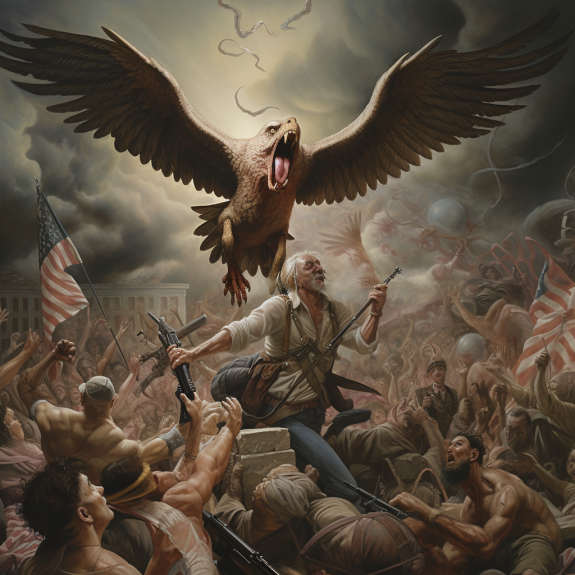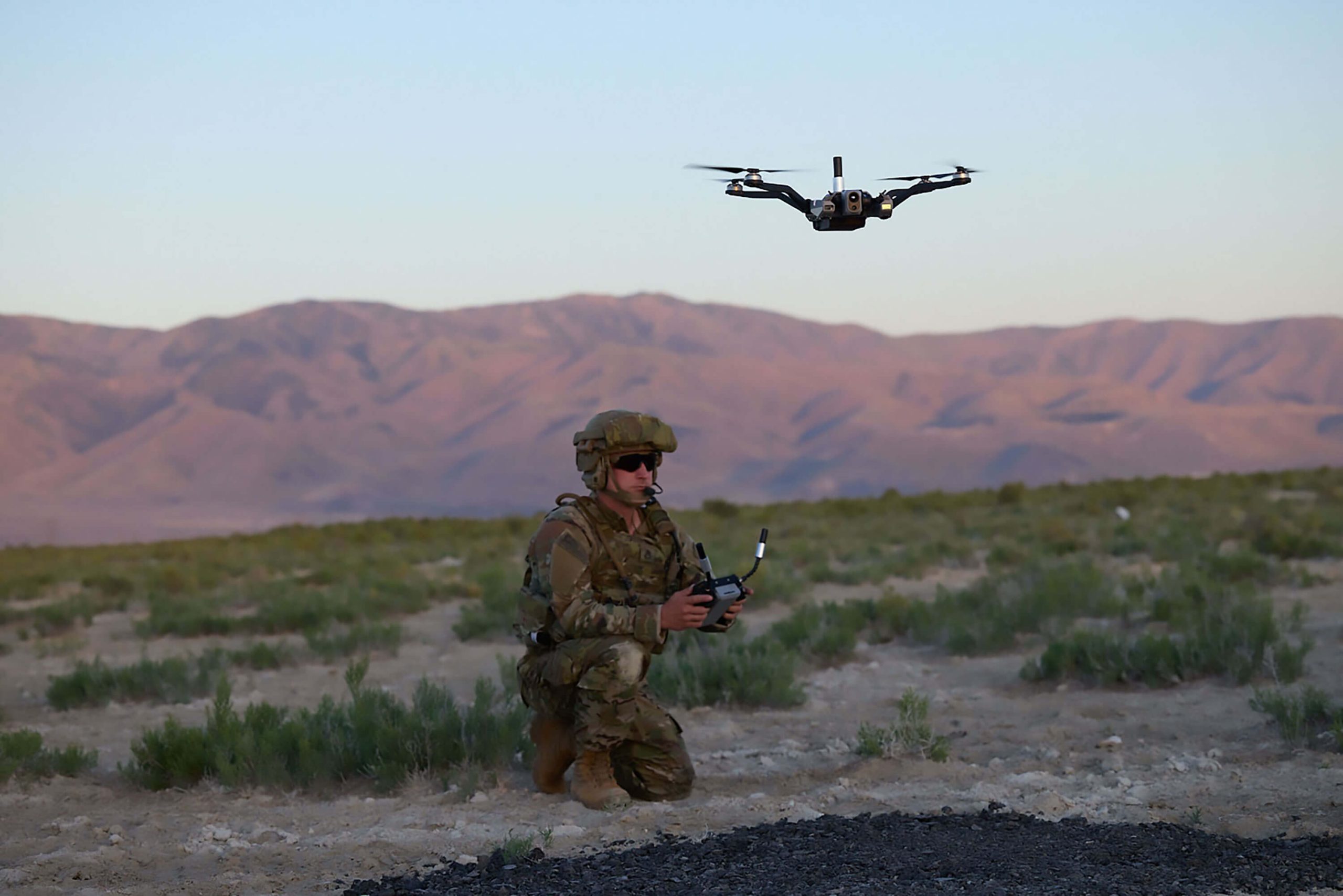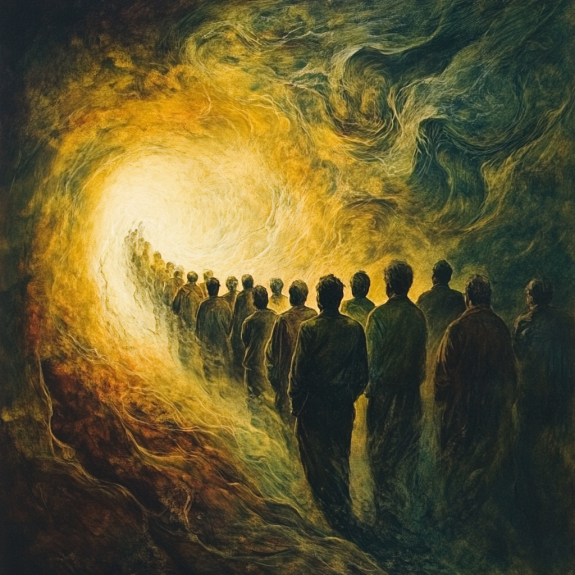After reading a review of Aleksandr Dugin’s 1997 ‘Foundations of Geopolitics,’ I downloaded an AI translated copy myself (the book was originally published in Russian).
This excerpt stood out:

The tactics Dugin prescribed in 1997 may be an indication of the aspirations he has for his influence with western audiences today, but exploiting internal divisions of an adversary is not a new concept. I had recently dug up some old communist revolutionary materials from the 30s and 60s that provide some examples of foreign influence in internal conflict.
The Negroes in a Soviet America (1935) – Separatism
In 1935 a booklet was published titled, ‘The Negroes in a Soviet America.’

It called for two revolutions: a proletarian revolution in the country as a whole country and a revolution in the South in which “the black belt” would form its own nation.
From it:


Trotsky said in 1933: “We do not compel [blacks] to separate from the States, but they have the full right to self-determination when they so desire and we will support and defend them with all the means at our disposal in the conquestion [conquest] of this right, the same as we defend all oppressed peoples.”
The Crusader (1964) – Sabotage Attacks to Create Panic
In the 60s, Robert F Williams published a monthly newsletter, ‘The Crusader.’ In it, he called for violent racial revolution with acts of sabotage to produce panic in the population. The newsletter paid tribute to China’s Mao Tse-Tung – whom Williams referred to as a teacher. The October 1964 special edition contained a statement from Mao himself. Williams met with Mao in person, spoke at CCP events, and spent some years living in China.
From May-June 1964 Crusader:



A couple excerpts from a 2017 article from Fairbanks Center of Chinese Studies titled,
Black Power in China: Mao’s Support for African American “Racial Struggle as Class Struggle”:
“[The Chinese State] ultimately threw its weight behind a strategy of “race struggle is class struggle.” In effect, the People’s Republic publicly acknowledged and denunciated the salience of race to world politics while attempting to harness that insight to a broader campaign for global socialism.”
“The Chinese endeavor to cultivate political alliance with the African American left was meticulous, targeted, and effective.”

Republic of New Afrika (1968)
The two ideas came together to form Republic of New Afrika – a black separatist movement founded in 1968. Robert F Williams was chosen as the first president of the provisional government while living in exile in China.

The movement is being resurrected today. Some New Afrika participants are training for guerrilla warfare.

John Boyd: Essence of Moral Conflict
John Boyd provided good framework for understanding Moral Conflict and its aim: generating non-cooperative centers of gravity – severing the moral bonds that permit a group to exist as an organic whole.

Moral Leverage
In The Strategic Game of Interaction and Isolation, Boyd described how to utilize moral leverage against an adversary,
“Reveal those mismatches in terms of what adversaries profess to be, what they are, and the world they have to deal with in order to surface to the world, to their citizens, and to ourselves the ineptness and corruption as well as the sub-rosa designs that they have upon their citizens, ourselves, and the world at large.”
Boyd’s Grand Tactics
Today, it seems to be a little harder to detect the influence behind different narratives/ movements. The Grand Tactics offered in the wrap-up of the Patterns of Conflict presentation could help to understand why that may be.

I want to highlight this line in particular:
“Maneuver adversary beyond his moral–mental–physical capacity to adapt or endure so that he can neither divine our intentions nor focus his efforts to cope with the unfolding strategic design or related decisive strokes as they penetrate, splinter, isolate or envelop, and overwhelm him.”
Who Benefits from Disruption?
Anyone who thinks it may be the case the US population is being maneuvered beyond our capacity to adapt may ask, by whom? Who has an interest in preventing the US population from existing as an organic whole?
Suspect 1: Foreign Nation States
As the Dugin excerpt and historical examples provided above demonstrate, one obvious answer is: foreign nation states.
An Army Training Publication on Chinese Tactics notes:
“The PLA views psychological warfare as the operational element of the fundamental reason for conflict: a contest of wills. … PLA considers itself to have a fundamental advantage in psychological warfare against nearly any opponent due to its political unity of purpose.”
Source: ATP 7-100.3
Suspect 2: Non-State Guerrillas
There are the also non-state guerrillas who are motivated by myth of a future where they are the alphas ruling from atop a heap of ashes (post-collapse).
Today there are similar propaganda materials being produced by militant accelerationists as found in the Crusader – with instruction for systems disruption attacks on critical infrastructure and mass killings. Militant accelerationists integrate physical events with social engineering/ societal manipulation. They intend for their actions to provoke reactions by institutions and from within the population which will amplify social tensions. The reactions are part of their strategic game. They utilize moral leverage in the ways described by John Boyd.
It’s worth noting some of the early iterations of militant accelerationism in the US launched from the Iron March forum. The man behind Iron March, Alexander Slavros, claimed in 2014 that Dugin had once recruited him for the Global Revolutionary Alliance.
Suspect 3: International Organizations/ Global Partnerships
I had once read a transcript (published in an International Affairs journal in 1931) of a speech delivered by Arnold J. Toynbee. His take was destroying the sovereignty of the nations was the only way to have peace. He said,


It seems fair to ask what international organizations/ partnerships exist today who may see a strong United States as an obstacle to their noble ambitions.
Suspect 4: Western Nation States
A former KGB officer, Anatoliy Golitsyn, wrote a book in which he claimed that during the Stalin regime, all political dissent was controlled by Stalin. Some groups were created by his people from the start (to control and steer dissent) and others, which grew spontaneously, were quickly infiltrated by blackmailing or offering power to the leaders of said movements.
Adam Curtis spoke of Vladislav Surkov’s upgrade to those tactics in HyperNormalisation.
“Surkov’s aim was not just to manipulate people, but to go deeper and play with and undermine their very perception of the world, so they are never sure what is really happening. Surkov turned Russian politics into a bewildering, constantly changing piece of theater. He used Kremlin money to sponsor all kinds of groups – from mass anti-fascist youth organizations, to the very opposite – neo-nazi skinheads. And liberal human rights groups – who then attacked the government. Surkov even backed whole political parties that were opposed to president Putin. But the key thing was that Surkov then let it be known that this was what he was doing – which meant that no one was sure what was real or what was fake in modern Russia. As one journalist put it, “It’s a strategy of power that keeps any opposition constantly confused – a ceaseless shapeshifting that is unstoppable, because it’s undefinable.” … “The underlying aim, Surkov says, is not to win the war, but to use the conflict to create a constant state of destabilized perception – in order to manage and control.”
Could western leaders be using disruption/ disorientation tactics against their own population?
Reflexive Control
It’s probably worth adding an excerpt from one of Valdimir A. Lefebvre’s books on Reflexive Control theory:

Agent Provocateurs and Useful Idiots
To add some complexity to our suspect list, we can apply a reflexive control filter to produce hybrid options. Some guerrillas may be independent actors, some may be wittingly serving the interests of a nation state, and some may be useful idiots unwittingly serving machinations they do not even recognize. (And some nation state actors may also be manipulated into acting against their own interests.)
When a population suspects their own government is behind every reactionary group / action, it can serve the interests of foreign state actors and guerrillas. If we reflexively see a fed behind every corner, we risk becoming useful idiots ourselves – potentially amplifying a disruption & increasing disorientation.

If it can be predicted that will be our response to an event, our distrust becomes easy to exploit. (An actor could trigger an event and then quickly seed narratives on TikTok, for example.)
But… we do know radicalization can be a mechanism for demobilization of resistance groups.
“Radicalization is “a shift in ideological commitments toward the extremes and/or the adoption of more disruptive and violent forms of contention.” Radicalization can be thought of as a “mechanism for demobilization”
Source
Supra-National Combinations
It may also be the case some international organizations/ global partnerships may be serving the interests of a nation state in ways that may not be transparent. In Unrestricted Warfare, authors Liang and Xiangsui wrote,
“…multinational, non-state, and supra-national organizations together constitute an up and coming worldwide system of power.”
They noted far-sighted big powers…
“…have clearly already begun to borrow the power of supra-national, multinational, and non-state players to redouble and expand their own influence.”
“…we list “supra-national combinations” as being among the essential factors of warfare that exceed limits.”
“…from now on, supra-national combinations will be a country’s most powerful weapon in attempting to accomplish national security objectives and secure strategic interests within a scope larger than the country itself.”
Improving Capacity for Free and Self-Directed Action Amidst Uncertainty
One of the first papers I read on Reflexive Control contained a quote I think of often:
“The most effective way to prevent deception is to be continually aware of one’s vulnerabilities as a target.”
– Moose, Paul H., A Systems View of Deception
In an environment full of deception and uncertainty, how do we comprehend, shape, and adapt to unfolding, evolving reality? In Boyd’s Conceptual Spiral presentation, he provided some guidance:
“…we must continue the whirl of reorientation, mismatches, analyses/synthesis over and over again ad infinitum as a basis to comprehend, shape, and adapt to an unfolding, evolving reality that remains uncertain, ever-changing, unpredictable.”
…
“If you lose, you’re losing at the game of survival and growth. The name of the game is to survive and grow.”
*mismatches refers to identifying mismatches between our mental images/impressions and the reality they are supposed to represent
For more on how bad governance can be a critical and overlooked source of destabilizing tension in society: https://contrareport.com/bob-jones-strategic-influence/


